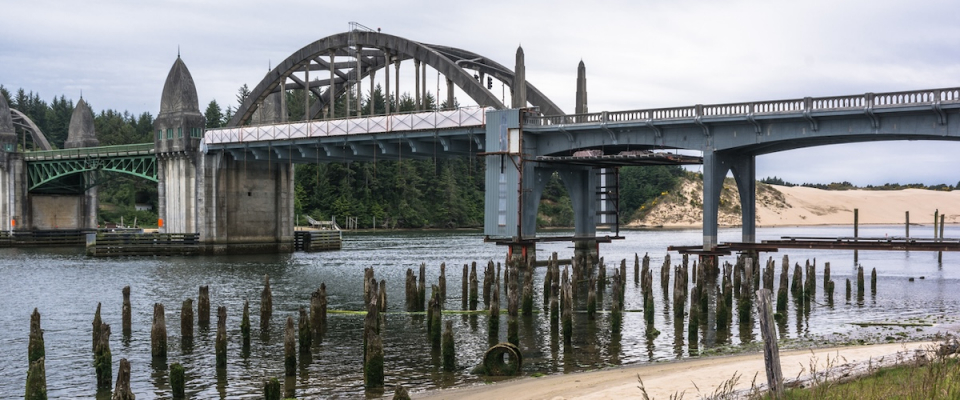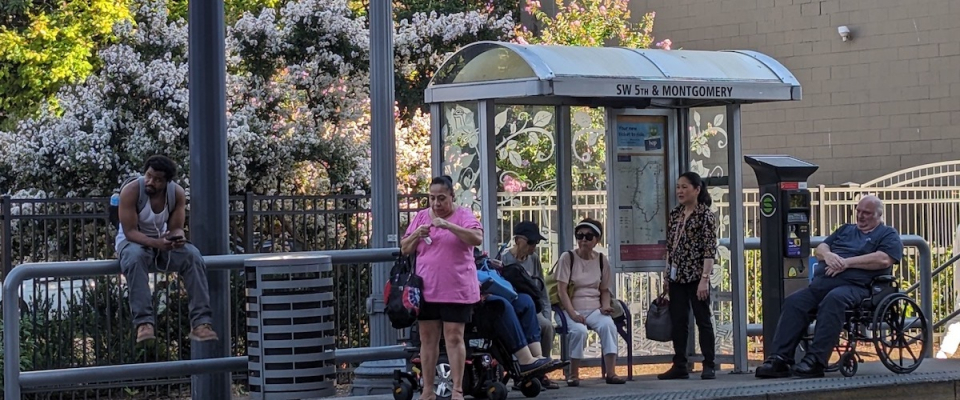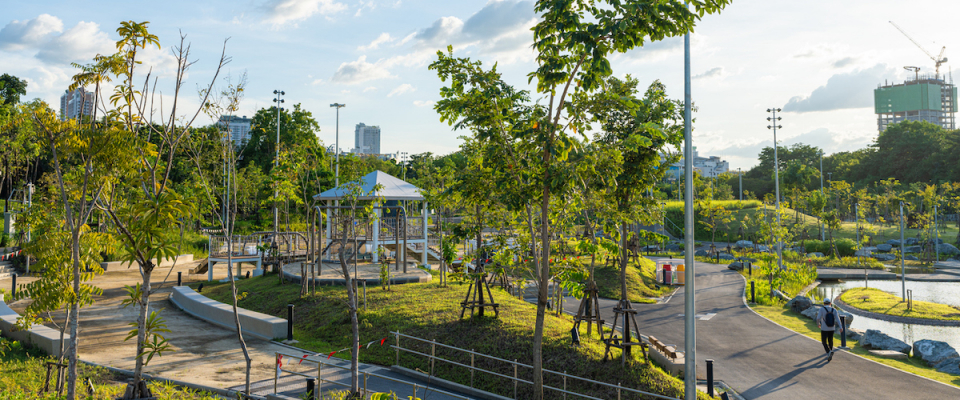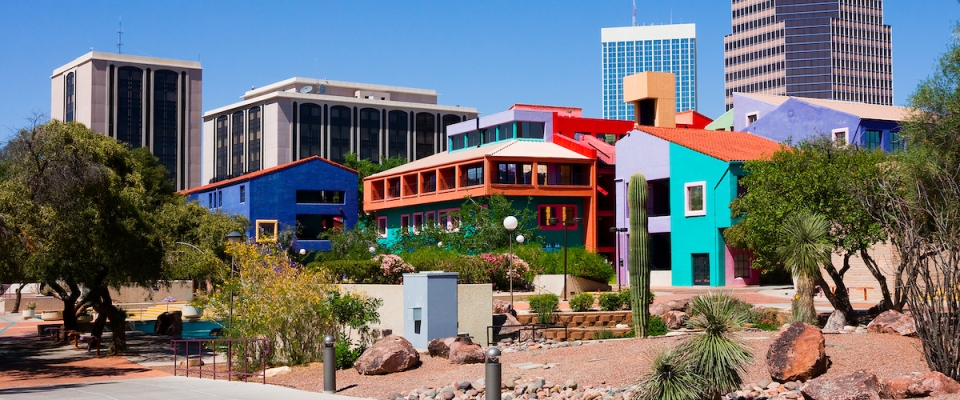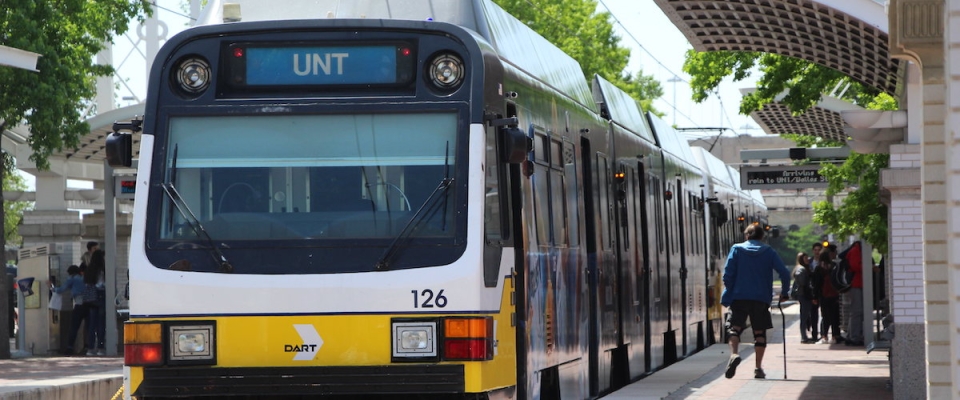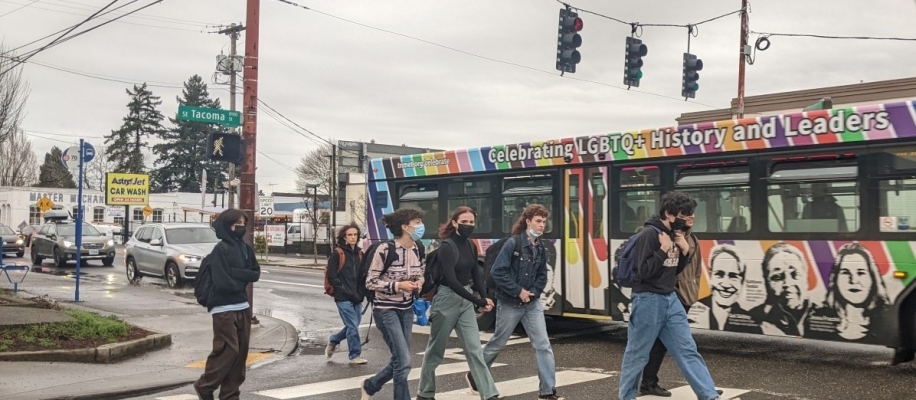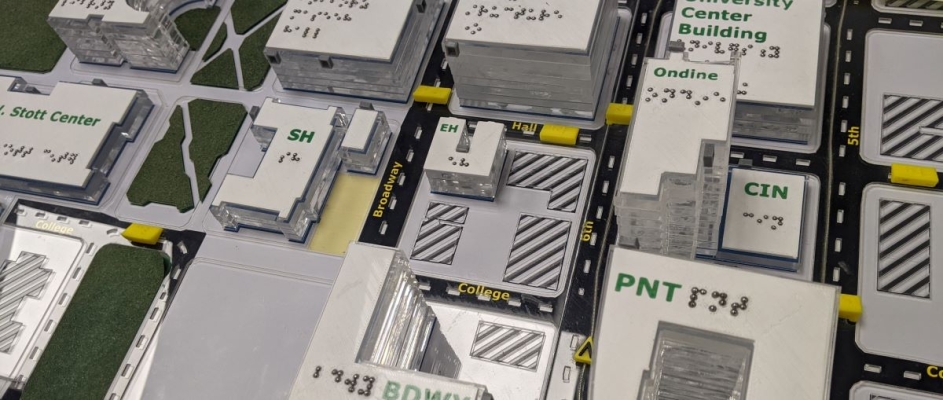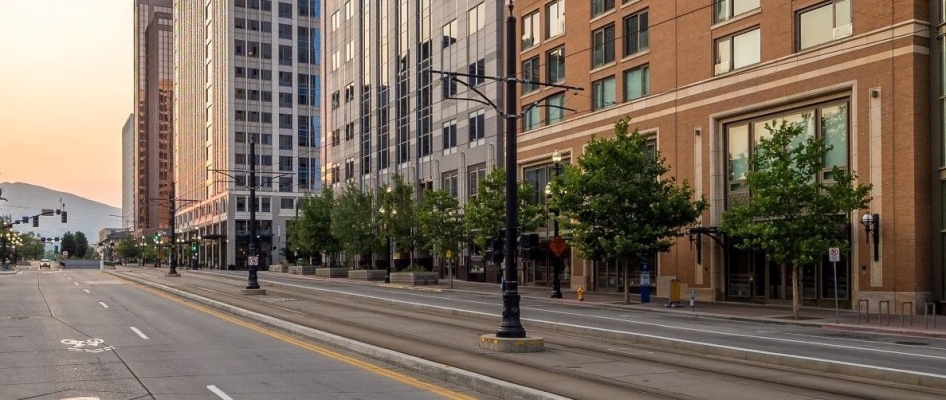Transportation networks are a vital lifeline essential to the functionality of modern society. A newly published research report offers a new methodology for assessing transportation network vulnerability and resilience, with a particular focus on incorporating social vulnerability into the analysis.
Why? Vulnerable populations—such as people with low income, minorities, or seniors—could suffer higher levels of adverse impacts from disruptions. Road closures and other transportation network interruptions due to earthquakes, floods or other disasters may disproportionately affect these groups of people.
The research project, "Integrate Socioeconomic Vulnerability for Resilient Transportation Infrastructure Planning," by Liming Wang, John MacArthur, and Yu Xiao of Portland State University (PSU), addresses a critical gap by integrating socioeconomic vulnerability indicators into the evaluation of transportation infrastructure vulnerabilities.
The report demonstrates this novel methodology using the Portland, Oregon metropolitan area as a case study.
WHAT DOES THE METHODOLOGY OFFER?
The new methodology proposed by the research team combines spatial analysis, network modeling, and social vulnerability indices to identify critical links in the transportation system. It assesses the impact of potential disruptions on accessibility to...
Read more
